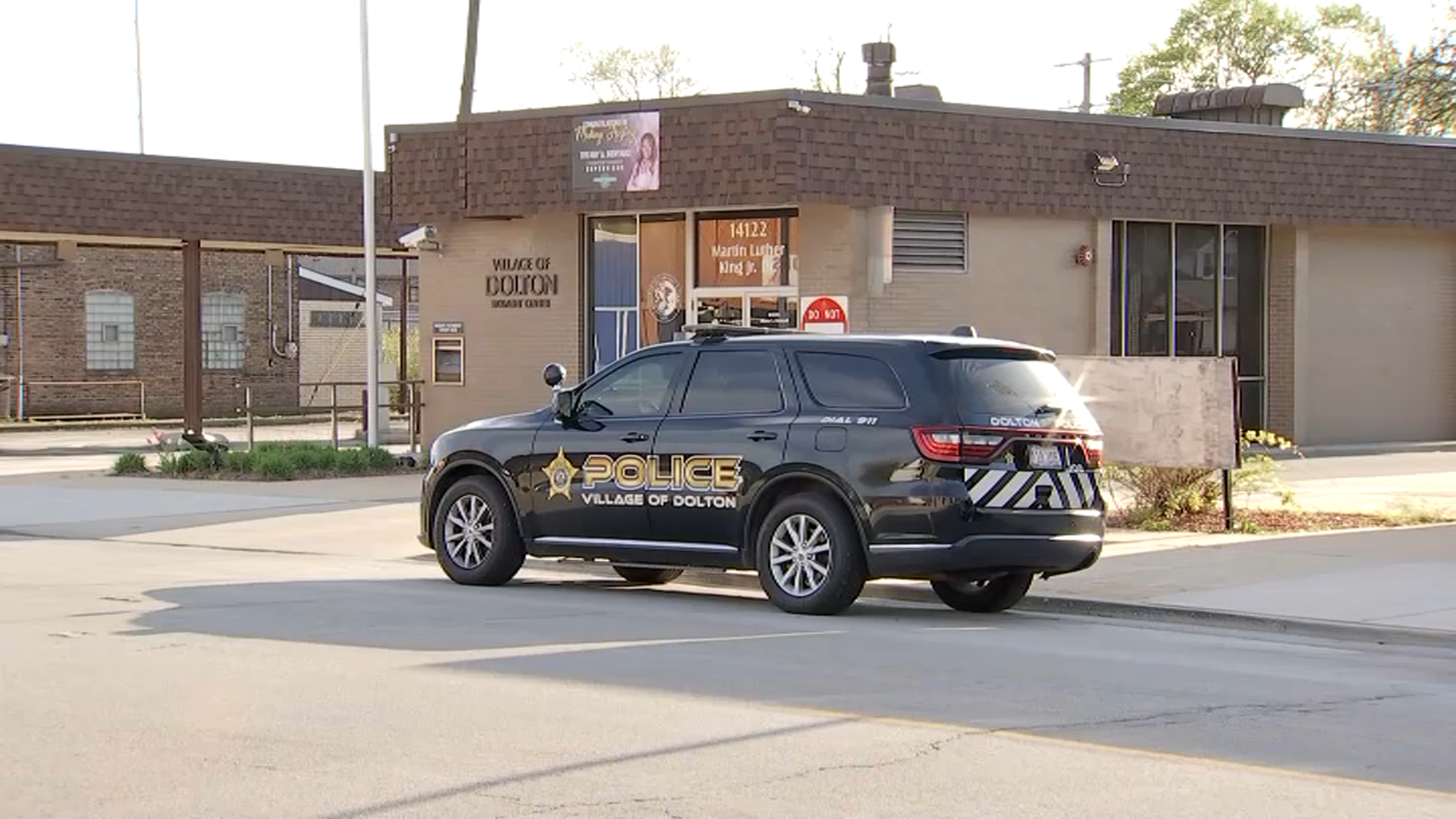The life expectancy of people living in an affluent community on Chicago's North Side is decades more than people living in a poor African American community on the city's South Side, according to a new study.
A New York University School of Medicine analysis reveals that on average, Streeterville residents live to be 90 years old, the Chicago Tribune reported. The typical life expectancy of residents of Englewood, about 9 miles to the south, is roughly 60 years.
NYU researchers said the 30-year divide between the two neighborhoods is the nation's largest disparity. The academics studied life expectancies in neighborhoods in America's 500 largest cities based on information from the Centers for Disease Control and Prevention from 2010 to 2015.
Mayor Lori Lightfoot has vowed to improve schools, generate jobs and nurture economic development on struggling neighborhoods in Chicago's West and South Side communities. The study comes as local hospital systems progressively seek to keep people healthier, partially by addressing social and economic inequalities.
Neighborhoods with higher life expectancies tend to have access to good health care, high educational attainment and higher income, among other things, said Dr. Marc Gourevitch, chair of the Department of Population Health at New York University medical school and chief architect of the City Health Dashboard, a public database through which researchers did their analysis.
"There's a saying that your ZIP code has as much to do with health as your genetic code, and I think it's data like this that really shine a light on a statement like that and bring it to life," Gourevitch said.
The scholars also found that cities with larger life expectancy gaps were likely to have greater racial segregation. Chicago was more segregated than most of the cities they examined.
Local
"Often where there are greater concentrations in large cities of Latino or African American populations there can be neighborhoods, at times, where (there has been) more disinvestment in basic social services like education, housing, clean water, safe streets," Gourevitch said.
Asiaha Butler has, an Englewood resident, said that people living in Streeterville can run in their neighborhood, while people in Englewood are fearful of doing such activities because of violence and other issues.
She called the new study disturbing but not shocking.
"We're in a concentrated area of poverty and that means there are a lot of things that really impact our quality of life," Butler said.



